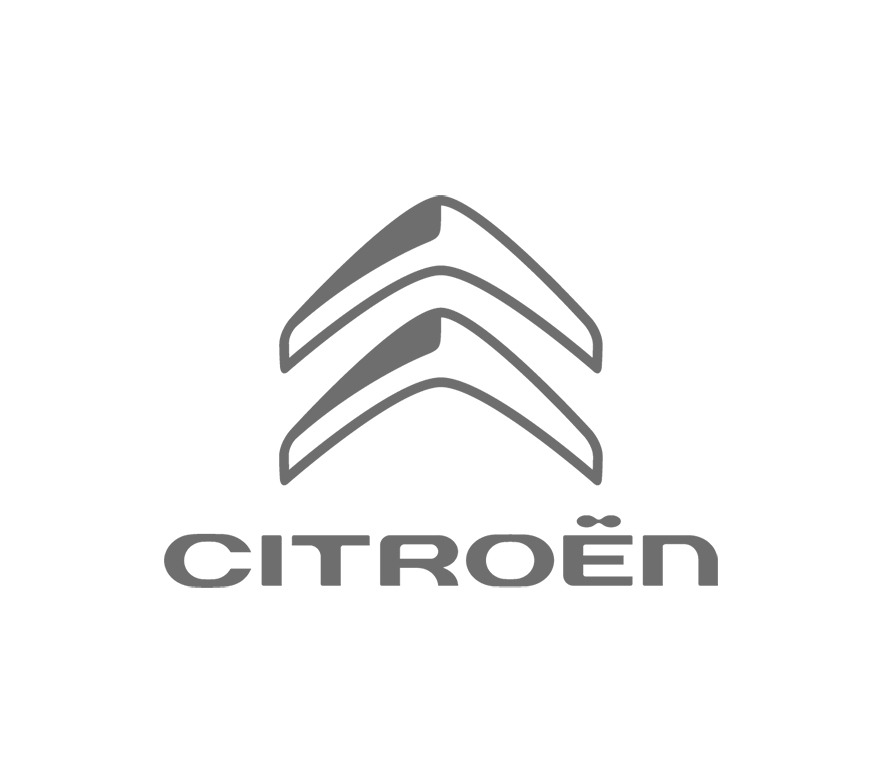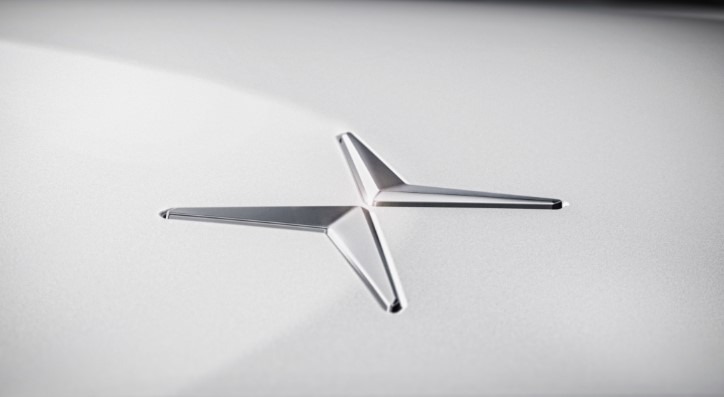Polestar and Citroën reach ‘confidential’ settlement over trademark dispute
11 September 2022

A legal battle between automotive giant Stellantis and Swedish electric-vehicle (EV) maker Polestar, which started back in 2018, has reached a conclusion, albeit with the financial details remaining confidential.
In one of the more notable and multi-layered automotive-trademark infringement cases of recent times, the legal action started with an attempt by Citroën, with support from sister brand DS, to enforce a Europe-wide ban on the sale of Polestar cars.
The now-resolved dispute centred on the Polestar logo and its perceived similarity to that of Citroën, a Stellantis brand. In 2020, a French court agreed with Citroën’s former director of marketing and communications, Arnaud Belloni, who highlighted similarities between the two designs, after which Stellantis brought the legal suit.
The impact on Polestar was significant, leading to a six-month ban on all sales in France from July 2020. It is also understood that Polestar was ordered by the court to pay damages to Citroen of €150,000 plus €70,000 in legal fees.
Additionally, the ruling led to the company’s website being unavailable in France, and users seeing the message: ‘Access to the Polestar site is not accessible to the French public due to territorial restrictions on the use of French trademarks n° 016898173 and n° 01689532.’
European-wide ban sought by Citroën
Prior to the French court’s 2020 decision, Citroën petitioned the European Union Intellectual Property Office (EUIOP) for an injunction against Polestar to prohibit it from using its logo throughout the European Union.
Citroën’s bid to enforce a Europe-wide ban on Polestar was twice dismissed by European authorities, but the subsequent domestic French action won favour to ensure legal proceedings between the two carmakers continued.
The origins of the case go back to the 2018 Geneva Motor Show, where Polestar unveiled the Polestar 1, along with its new company logo, underlining its independence from parent company Volvo. The Polestar brand previously served as the Swedish manufacturer’s sports division.

Following the reveal of Polestar’s new luxury EV identity in Switzerland, Citroën quickly triggered legal proceedings in March 2018, seeing Polestar’s logo, which is supposed to evoke the North Star, as too closely resembling the double chevrons of the storied French make.
In an unexpected turn of events, it was reported by Le Monde on 31 August that the legal wrangling was over, with a Citroën spokesperson informing the French newspaper that, ‘the complaints have been withdrawn. The case is closed.’
A statement from Polestar to Autovista24 confirmed: ‘Citroën and Polestar have withdrawn all legal proceedings against each other following a settlement agreement between both parties. Both parties arrived at the termination of all pending global legal proceedings amicably and agree to accept the other party’s use and registration of their respective logos. Settlement terms remain confidential.’
The conclusion to the dispute comes as Polestar announced an almost doubling of its revenue for the first six months of 2022. The carmaker’s income increased by $506.5 million (€506.6 million), or 95% year on year. It delivered 21,185 cars delivered in the first six months of 2022, compared to 9,510 for the same period in 2021.
‘We made important progress in the first half of 2022 as we doubled revenues and volume, and successfully listed on the Nasdaq stock exchange in New York,’ confirmed Thomas Ingenlath, Polestar CEO. ‘In addition, we maintained strong momentum in our global order take and expect to deliver 50,000 cars to our customers this year, meeting our 2022 sales guidance. With several ground-breaking cars to come, Polestar is poised for a period of rapid growth.’